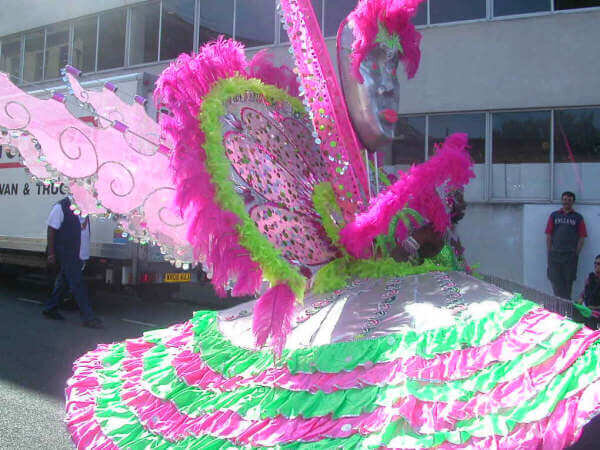An article written by Fozia Ismail, Director of Arawelo Eats
Camel Meat & Tapes involved looking at a period of history in which Somali people exchanged cassette tapes in the form of letters during the '80s and early ’90s. Over the course of six months, Fozia Ismail, Ayan Climi and Asmaa Jama, and members of Bristol’s Somali communities researched and discussed a rich oral history that transcends borders between family and friends. These tapes became a valuable vessel for the diaspora to communicate with families they were forced to leave behind, sharing stories ranging from day to day events, to the intimacies of private life.
© Illustration designed by Stacey Olika
This took place in collaboration with Black South West Network with key members of Somali community such as Khalil Abidi, Chair of Bristol Horn Youth Concern and Muna Mohamud, Primary Care Ltd, who kindly donated the space at their Easton offices for us to work with the elderly Somali women. There were seven workshops in total; five workshops at primary care, one workshop at Create Centre with Bristol Commonwealth Museum, and one at the Arnolfini before the first showing on Thursday the 12th of March 2020.
Workshops themes, language, and sound or Dhaqan
'“Somali dhaqan philosophies as a liberating tool from oppression grounded in the teachings of our ancestors.” - Dr Ahmed Ali Ilmi
“Somali dhaqan cultural philosophies are indigenous African philosophies that encapsulate multiple bodies of living comprehensive knowledge. These philosophies are the founding pillars of Somali societies inasmuch as they are overarching principles governing Somali peoples. In their cosmological sense, dhaqan philosophies are the common threads that connect Somali peoples to their ancestral homelands in Somalia and to a communal way of life.” from Dr. Ilmi’s paper on Somali Dhaqan philosophies and the power of African ancestral wisdom.
The following themes were explored in the workshops; Somali food, the role of the camel in nomadic culture, weaving/ crafts migration (rural to urban), myths and folklore, and gender roles. They used projected images, printouts, textiles, and Somali crafts as well as food to facilitate discussions.
They had a regular group of between 6-8 women who would attend the workshops. The first couple of workshops were more focused in terms of workshop design but we quickly adapted to the reality of the situation as a truly co-creative process. The women would lead sessions themselves, really taking the workshop outline and moving it in the direction that was most relevant/ organic to the conversations. The power dynamics were flattened in a productive way because we were seen as younger Somali women who were not as connected to the culture and ignorant in the language but not total outsiders either. This came up a lot as Fozia and Ayan (whilst being able to understand Somali are not fluent in speaking it), Asma who was able to translate sessions in real-time to facilitate the conversations between us all.
All these sessions were recorded on cassette tapes and digital recorders which were then edited to make a 360-degree soundscape for an initial showing on Thursday, March 12th, alongside an online launch with acclaimed author Nadifa Mohammed and Waaberi phone in July 2020 which attracted engagement from Somaliland, Uganda, and New York. They wanted to create a soundscape that would envelop and surround us in the musicality of Somali women, whilst exploring the tensions of communication between multiple people and landscapes. They went on to set up dhaqan collective, a feminist art collective for Somali women and non-binary people and we hope to continue working on the themes raised by the initial phase of the project. Find out more by going onto dhaqan.org and listening to this podcast on Tape Letters produced with Caraboo Project in Bristol.
























